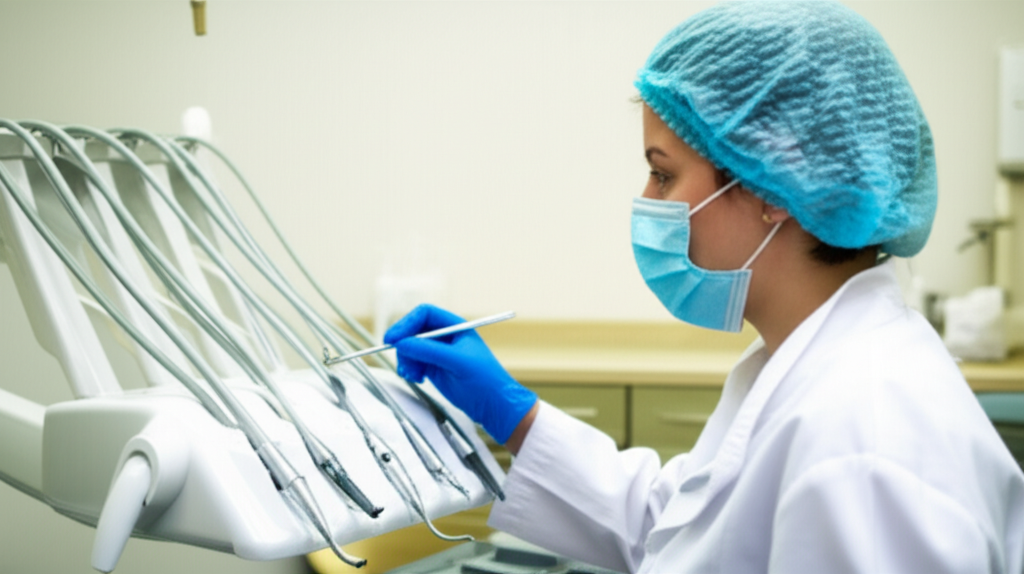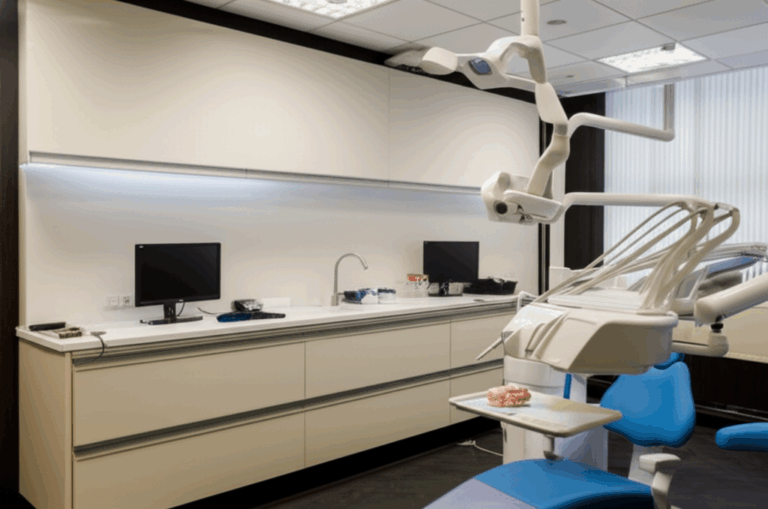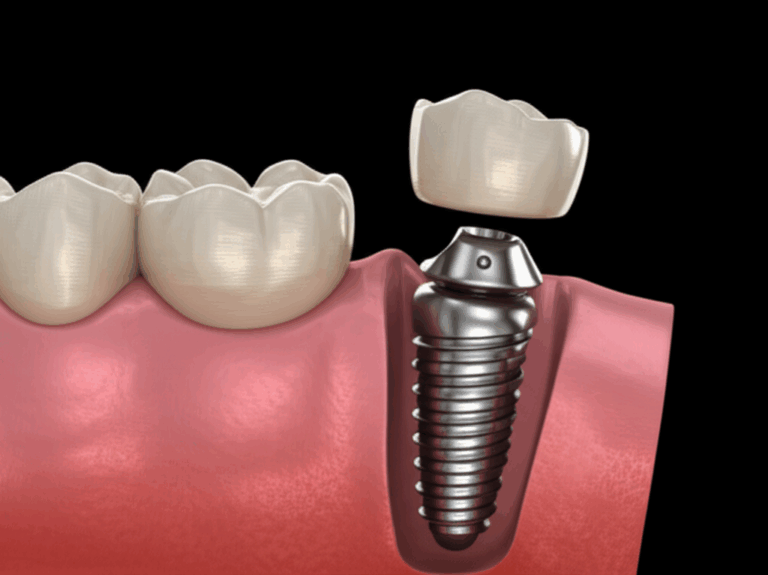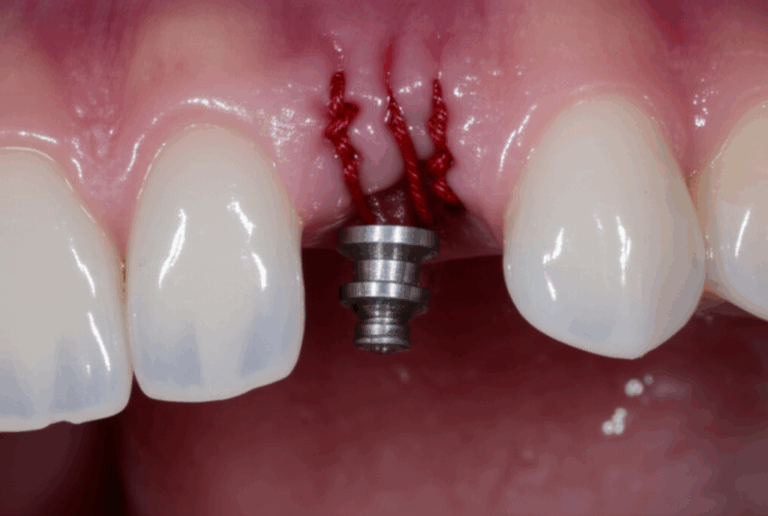
From Dental Hygienist to Dentist: Your Simple Guide to a Career Change
Ever thought about becoming a dentist after working as a dental hygienist? This guide breaks down every step, using simple language, to help you make that move. Find out why going from hygiene to dentistry isn’t just possible—it might be the best career choice you’ll ever make!
Table of Contents
Can Dental Hygienists Really Become Dentists?
Let’s get to the point—yes, a dental hygienist can become a dentist! Lots of people wonder about this. Here’s what’s real: your experience in dental hygiene can give you a good start. Of course, you have to go back to school, and you need to do all the work it takes to be a dentist, but knowing how to help people take care of their teeth really helps.
Think about it: you already know how to take care of patients, talk about teeth, and work in a dental office. Those things matter. Dental schools know this. Still, there are no shortcuts—you’ll have to do all the school and tests just like anyone else.
If you want to fix teeth with crowns, bridges, do root canals, and even pick the best materials for fixing teeth, you need a DMD or DDS degree.
What Makes Dentists Different from Hygienists?
Let’s see what makes a dentist different from a dental hygienist.
| Dental Hygienist | Dentist | |
|---|---|---|
| Main Job | Cleans teeth, teaches patients about brushing | Finds problems, fills teeth, does crowns, more |
| Work Allowed | Preventive care, cleaning, polishing | Diagnosing, big procedures, surgeries, fixing |
| School Needed | Associate’s or bachelor’s in dental hygiene | Doctor of Dental Surgery (DDS) or Medicine (DMD) |
| How Much They Make | About $80,000–$90,000 a year | Usually $180,000–$220,000+ a year |
| Control and Freedom | Works under a dentist | Makes treatment choices, leads staff, owns office |
| License | Registered Dental Hygienist (RDH) | Licensed by state test and exams |
Dentists get to find and fix the problems. They handle tougher work, do more procedures, and run the show in the office. If you want more say, more challenges, and bigger pay, being a dentist is a step up.
Why Do Dental Hygienists Want to Be Dentists?
Why think about changing from hygienist to dentist?
- Better pay: Dentists make a lot more money.
- Do more things: You get to do fillings, crowns, braces, surgeries, and lots more.
- More control: You can run your own place or lead a team.
- Tougher and more fun cases: You can help people with bigger problems.
For example, I once knew Laura, a dental hygienist who felt stuck. She liked helping people but wanted to make the big decisions and didn’t like being limited. She went back to school, worked really hard, and became a dentist. Now, she runs her own clinic and works with labs to help her patients’ needs. She says it wasn’t easy, but it was totally worth it.
What Education Do You Need to Start This Journey?
Going from hygienist to dentist takes a few steps. Here’s what you’ll need:
- General Chemistry (with labs)
- Organic Chemistry (with labs)
- Biology (with labs)
- Biochemistry
- Physics (with labs)
- Microbiology
- Anatomy and Physiology
If your hygiene school didn’t cover all these, you’ll have to take some new classes. The main thing: don’t skip the basics.
How Hard Is It to Get Into Dental School?
To tell the truth, getting into dental school is tough. Lots of people want in.
- Schools like students who have good grades, especially in science.
- They want people with work experience—like being a hygienist!
- Committees care about your people skills and how you help others.
- Letters from your science teachers or dentists help a ton.
- Many schools like it when you’ve job-shadowed or helped out in the community.
About half of all applicants get in. So not everyone makes it, but your time as a hygienist is a real plus, if you stay determined!
What’s the Dental Admission Test (DAT) Like?
The Dental Admission Test (DAT) is your next big step—it’s required for all dental schools. Here’s what to know:
- Parts: Natural sciences, pattern questions, reading, and math
- Topics: Chemistry, biology, math, and pattern spotting
- All multiple-choice and timed
- Scores: Out of 30 for each part; most accepted students score 20-21
How do you get ready for the DAT?
- Practice tests
- Study guides
- Flashcards
- Online resources
Plan to spend a few months studying, depending on how much science you remember. If you want more help, chat with a pre-dental advisor or check the American Dental Education Association.
What’s the Dental School Application Process?
You’re ready to go. Here’s how to apply:
Tip: Don’t just say, “I want to help people.” Share a story about when you really helped a patient or learned something great during your hygiene days.
What Happens During Dental School?
Dental school lasts 4 years—it’s busy but rewarding. Here’s what happens:
- Years 1 and 2: Most of the time is in classrooms and labs. You study basic subjects, how teeth work, and practice on fake teeth.
- Years 3 and 4: You treat real patients. You’ll fill cavities, put on crowns, and maybe even fix braces.
Dentistry is deep—there’s way more than just cleaning teeth! You’ll learn about tooth diseases, surgery, and get to try cool gadgets for dental work.
Most schools teach in a mix of class, hands-on practice, and real-life work in different dental areas like braces, kids’ teeth, and surgery.
How Can Being a Hygienist Help You as a Dentist?
Here’s something good—being a dental hygienist gives you a big head start! Schools notice when you already know:
- How to talk to patients
- How a dental office works
- How to keep mouths healthy
- How to work with a team
- How to act professionally
Hygienists start dental school already comfortable with dental tools, calming nervous patients, and keeping everything clean.
Some schools have “advanced standing” where you skip some early work, but these are rare and hard to get. Still, your experience matters. You’ll learn faster, trust yourself with patients sooner, and work better with staff.
How Much Will It Cost—and Is It Worth It?
Time for the money talk. Dental school is pricey. Here’s a quick look:
| In-State Tuition | Out-of-State Tuition | Total Cost (4 years) | Average Dental Hygienist Salary | Average Dentist Salary | |
|---|---|---|---|---|---|
| Dental School | $40,000–$70,000 | $60,000–$100,000+ | $300,000–$400,000+ | $80,000–$90,000 per year | $180,000–$220,000+ per year |
Most students get loans. Some win scholarships, but most finish with a good amount of debt.
Is it worth it? For many, yes. You’ll make a lot more once you’re working. And If you like solving bigger dental problems, the extra work feels good.
But it’s a big step, so think about it and make sure it fits what you want.
How Do You Get Licensed as a Dentist?
When dental school ends, you’re almost there. Now, you need your license. Here’s how:
Then you’re ready: work for someone, join a group, or start your own dental office!
Are There Barriers or Challenges to Consider?
Switching from dental hygienist to dentist isn’t easy. Here’s what gets in the way:
- Time: Plan for 6—8 years, with new classes and then four years of dental school.
- Cost: School, lost salary, and your living costs.
- Stress: Classes are tough, and you must learn harder things and new skills.
- Life changes: Might have to move, spend less time with family, or delay other plans.
- It’s competitive: Schools want great grades, high test scores, and good applications.
But if you really want to help people more, solve harder tooth problems, and have more freedom and better pay, it’s worth it!
Conclusion: Should You Make the Switch?
You’ve learned the key facts: Yes, dental hygienists can become dentists. It takes years, and it’s tough. But you’re not starting from zero—your time in hygiene, your real-life skills, and your understanding of teeth problems give you a head start.
If you want to solve new challenges, get better pay, and do more for people’s teeth, this path could be perfect. You’ll learn a ton, grow, and build a career where you really make a difference.
Most Important Things to Remember
- You can go from dental hygienist to dentist with hard work, the right classes, and sticking with it.
- Dental school wants extra science classes, a bachelor’s degree, and a strong application (like good grades and good scores on the DAT).
- Your hygiene background makes your application shine.
- Dental school costs a lot, but jobs as a dentist pay a lot more.
- Be ready for a long road, competition, and some sacrifices.
- Use all the help you can—advisors, tech tools, and good friends.
- Ask yourself what you love about helping people. If you love fixing teeth and want a bigger role, it’s the right move.
For more on dental health conditions, check out this dental diseases guide.
FAQ
Q: Can I use my dental hygiene classes for dental school requirements?
A: Maybe! Some classes may count, but most dental schools want courses like chemistry, biology, and physics taken not too long ago.
Q: Do dental schools like applicants with hygiene backgrounds?
A: Yes—they know you have hands-on experience. But you still need good grades and solid DAT scores.
Q: How long will the whole switch take?
A: Plan for 6–8 years—some extra classes, the application process, dental school (4 years), and then getting your license.
Q: Is dental school really hard?
A: It’s tough. You’ll have to study and learn a lot, but if you finished hygiene school, you already know the basics for success.
Ready for your next big move? There’s no better time to start planning, studying, and building your future as a dentist!








